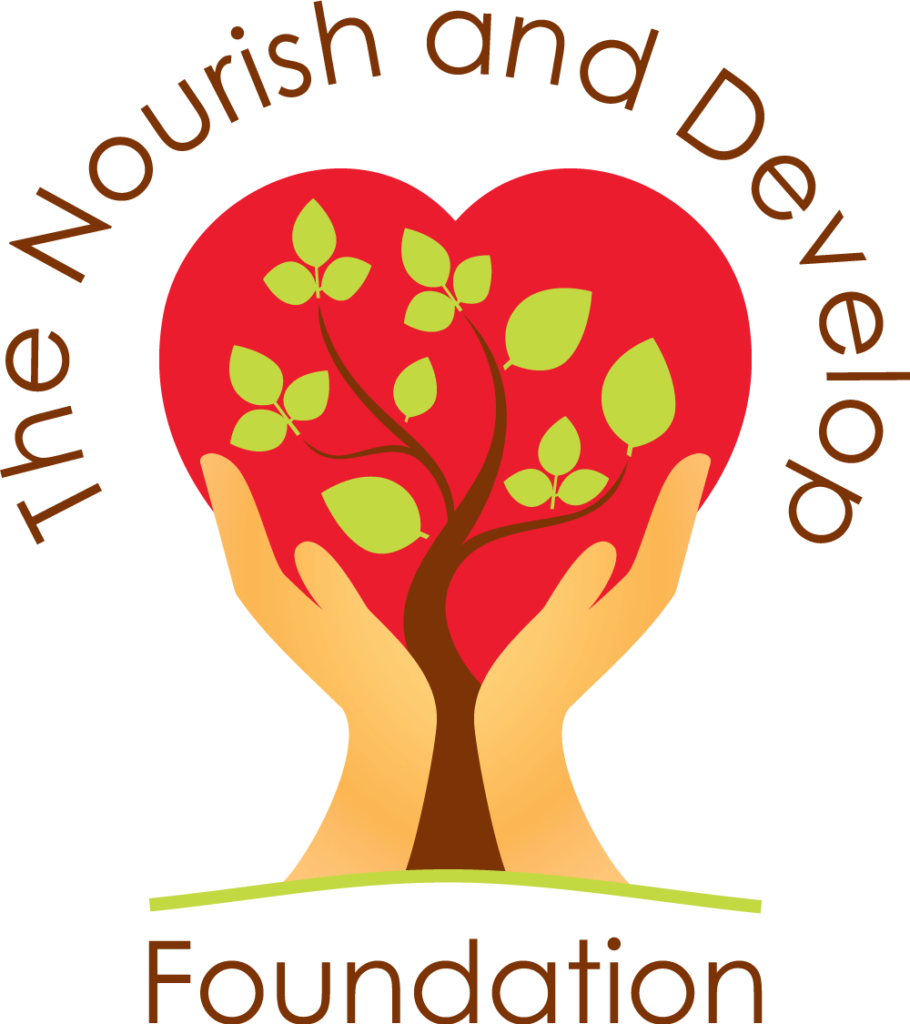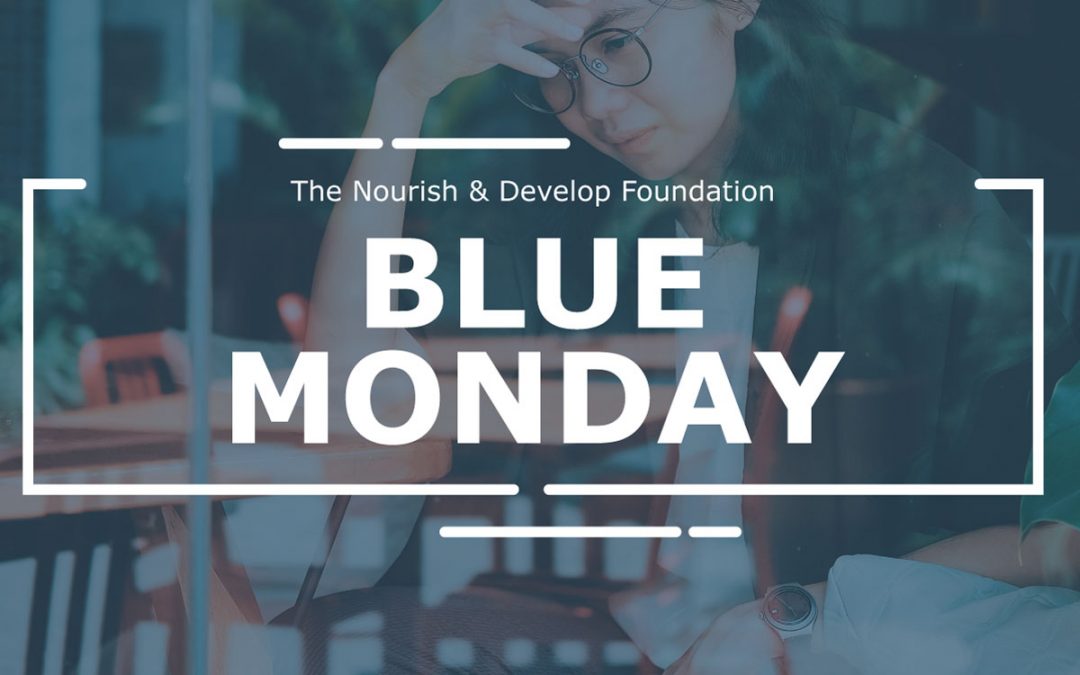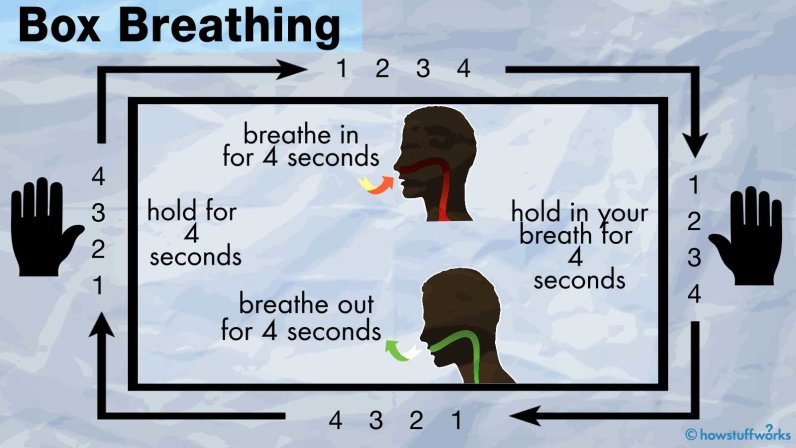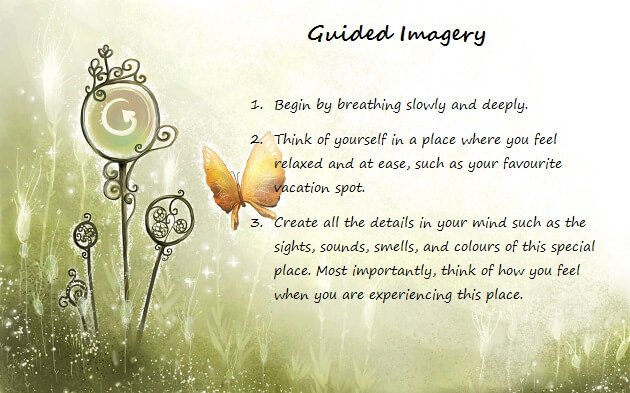Today, the third Monday of January, is referred to as Blue Monday – otherwise known as the saddest day of the year.
Though there is not any scientific evidence to back this claim (and the fact that it was created as a marketing ploy for a travel agency to encourage people to take trips to the South this time of year), there are many valid reasons as to why we might be feeling extra down lately. Whether it be the colder weather, the effects of the ongoing pandemic, or the post-holiday blues, these added stressors and continued isolation can override a sense of hope and make it feel as if there is no way out.
- On January 8th, 2021, the Durham Regional Police communicated that within an hour officers had responded to numerous mental health and suicide attempt calls.
- On January 12th 2021, Ontario Premier Doug Ford announced Ontario will be in a state of emergency for a minimum of 28 days and a stay-at-home order is in effect.
- According to a report from Statistics Canada, 52% of Canadians have reported that their mental health has worsened since the pandemic.
This shows that we may be facing challenging times ahead and need to take care of our mental health.
Pandemic Echo – the stress and fatigue we are experiencing from:
- Working from home
- Learning from home
- Job loss/insecurity
- Being a frontline worker
- Providing childcare or being a caregiver
- Our increased workload
- Practicing physical distancing measures
- Staying up to date with the protocols
- Being more isolated
- Fear of contracting the virus
- More
This stress can exist on a spectrum:
Our safe place (feeling relaxed, activities you enjoy doing, freedom from risk) where we feel familiar and know what to expect.
Daily responsibilities (household chores, commuting, shopping) that do not create negative long-term effects.
A healthy challenge (exercising, learning, DIY projects) that is motivating, rewarding, and promotes growth.
Long-term exposure to stressors (health issues, job loss, abusive relationships) which overwhelm our ability to cope.
It is good for our mental health to spend some time in the Positive Stress Zone, as it improves cognitive function, builds our resiliency, and gives a boost to our immune system. However, when we are in the Toxic Stress Zone, it harms our body by releasing harmful levels of hormones (adrenaline and cortisol) which causes damage to our organs and minds as well as issues with weight gain, irregular sleep, digestive problems, and anxiety/depression among others. Our brains cannot distinguish what stress is specifically caused by the pandemic echo, so our bodily affects will be the same. After being in the Toxic Stress Zone, we need time to heal and recover.
Stress Management
- Sleep: 7-8 hours of sleep is ideal for the average person. Detox from screens and food 1 hour before bedtime.
- Exercise: get moving for a minimum of 30 minutes each day. High intensity and strength training exercises are best, but any physical activity is better than none.
- Diet: if you cannot manage anything else, ensure you are consuming fruits and vegetables at the very least. Balanced diets help us feel and function better and put us in a position to handle stress more effectively.
- Social Connection: spend most days talking to others. Phone calls, texting, video chats, outdoor visits, conversations with your cashier or coworkers, or social media allows us to check in with people and make us feel that we have purpose.
- Box Breathing
This is a deep breathing exercise which has you soak up all your stress and purge it out. Sitting in a chair, feel the weight of your body in that chair, feel the heaviness of your feet on the floor, and your hands in your lap. Picture an image of a box in your head. The goal is to imagine the box being filled up as you breathe in (soaking up the stress) and to imagine the box emptying as you breathe out (purging the stress).
- Guided Visualizations
This state of relaxation is initiated by another party. Essentially it is led by a voice, whether that be in person or through a recording device or video. The voice will take you through mental images and visualizations to achieve mental/emotional/spiritual/physical healing and stress relief. It can allow you to sort out issues in your mind and release negative energy.
YouTube video: https://www.youtube.com/watch?v=ZEYuSRHgmCg
- Progressive Muscle Relaxation
This focuses on the muscles and it is beneficial to do this exercise when lying in bed each night before going to sleep, but it is also helpful to practice during the day to relax in a stressful situation. It teaches you how to relax your muscles through applying tension. Squeeze hard but deliberately while being gentle and not enough to the point of pain or if you have medical issues.
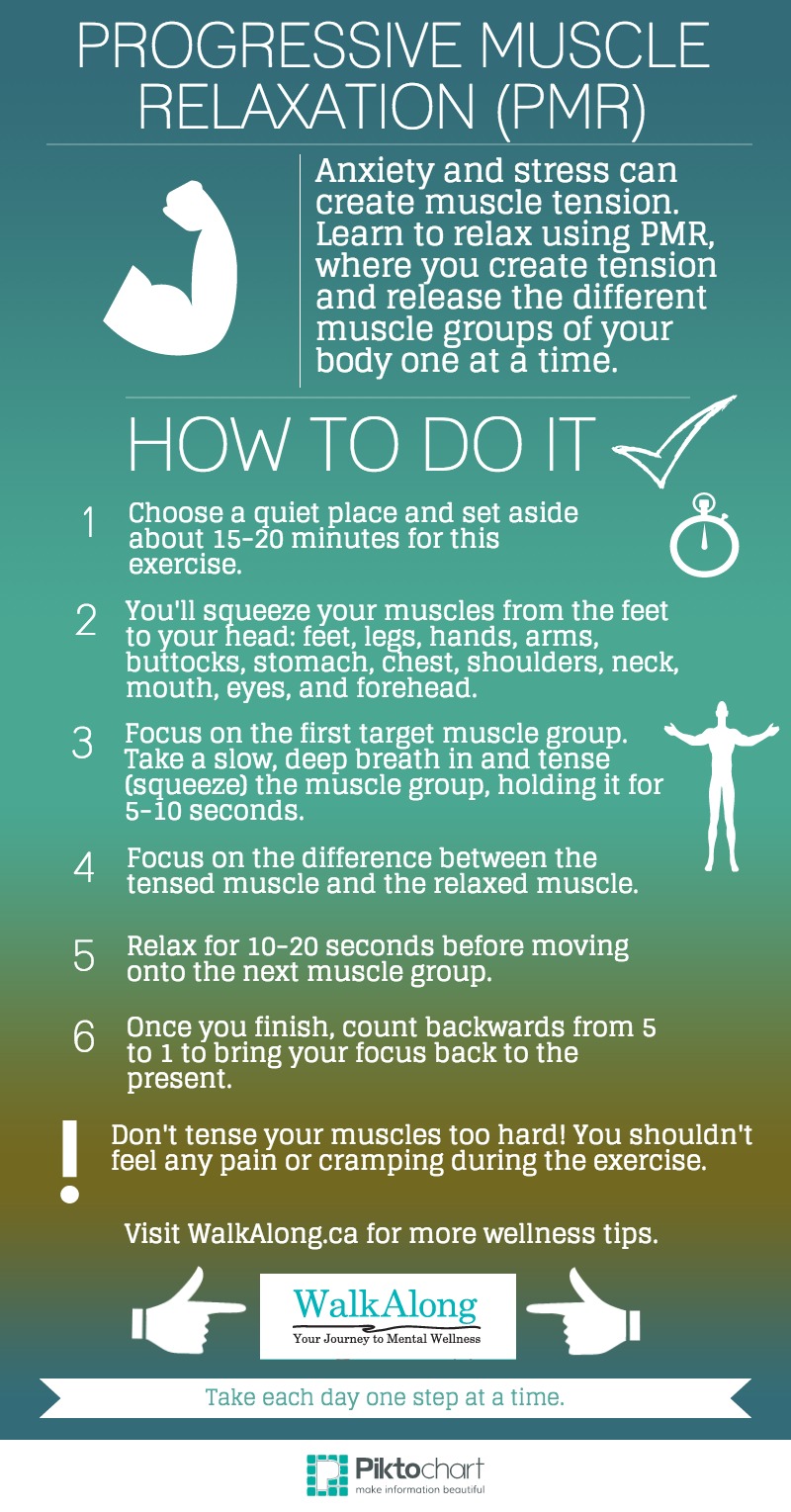
Some signs it might be time to reach out for professional support include but are not required or limited to:
- Feelings of hopelessness
- COVID-19 tunnel vision (consuming your time with thoughts/media around the pandemic)
- Consistently disrupted sleep
- Anxiety attacks
- Irritability
- Social withdrawal
- Suicidal ideation
One option for professional support is to work with a certified provider (registered psychologist, psychotherapist, social worker) who is trained in Cognitive Behavioural Therapy (CBT). CBT is an intervention that is focused on challenging and changing cognitive distortions (*merge with link for ‘Steps Towards Positive Thinking’) and creating helpful coping strategies. It takes practice and trial and error but it is an effective tool for training your brain to respond differently to situations and to learn how your thoughts, feelings, and behaviours are related.
- Changing attitudes: it is possible to acknowledge the gravity of serious events while choosing to see things from a perspective which will allow you to cope.
- Taking a break from media: consuming media is exhausting and can affect our emotions, making us more sensitive to what occurs throughout our day. Finding balance can prevent overload.
- Avoiding certain triggers: if you know you are predisposed to mental illness or are actively living with symptoms, it is best to stay away from alcohol, drugs, and caffeine, as their effects can exacerbate bad feelings/behaviours or mask them, neither of which are helpful for treatment
- Practicing empathy and compassion: we are all human and though we may judge others for their actions, it is important to realize that everyone is going through their own journey and may have reasons behind their words and actions.
One of the biggest barriers for someone struggling with their mental health to access help is the stigma associated with mental illness. To speak out can feel shameful due to negative stereotypes associated with having a mental health condition, such as being dangerous, violent, or unpredictable. Someone living with a mental illness might even feel ‘less than’ for going through difficult times and want to avoid ‘burdening’ those around them.
The reality is mental illness is a common occurrence affecting 1 in 5 Canadians in any given year. Society and media have a great influence over how we think, feel, and act, so by participating in discussions about mental health with an open mind and being willing to learn more, it can normalize seeking treatment options.
Bell Let’s Talk Day came about as a mental health fundraising initiative and awareness campaign. For every text, call, tweet, Tik Tok video, etc. using the hashtag #BellLetsTalk, Bell Canada will donate five cents towards Canadian mental health among community projects and organizations. Join the conversation with us by showing your support for mental health care on Thursday, January 28th and any time!

Resources:
https://ontario.cmha.ca/documents/stigma-and-discrimination/
LOCAL RESOURCES
Brock Community Health Centre
(705) 432-3388 (Cannington)
(705) 426-4636 (Beaverton)
https://www.brockchc.ca/primary-health-care/
Canadian Mental Health Association Durham
(905) 436-8760
Chimo Youth and Family Services
(705) 324-3300
Community Care Durham COPE Mental Health
(705) 432-3044
Distress Centre Durham
(905) 430-2522
https://distresscentredurham.com/
Durham Mental Health Services
(905) 666-0483
Family Services Durham
(905) 666-6240
https://www.durham.ca/en/living-here/counselling.aspx
Call us for more information or assistance with getting connected!
Sources: ‘Taking Care of Your Mental Health During a Pandemic’ by Jonathan Paynter, RSW, AccFM
https://www.psychiatrictimes.com/view/4-pillars-good-mental-health
